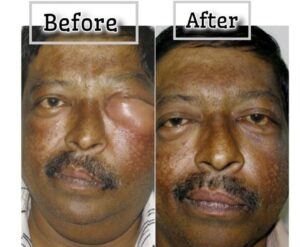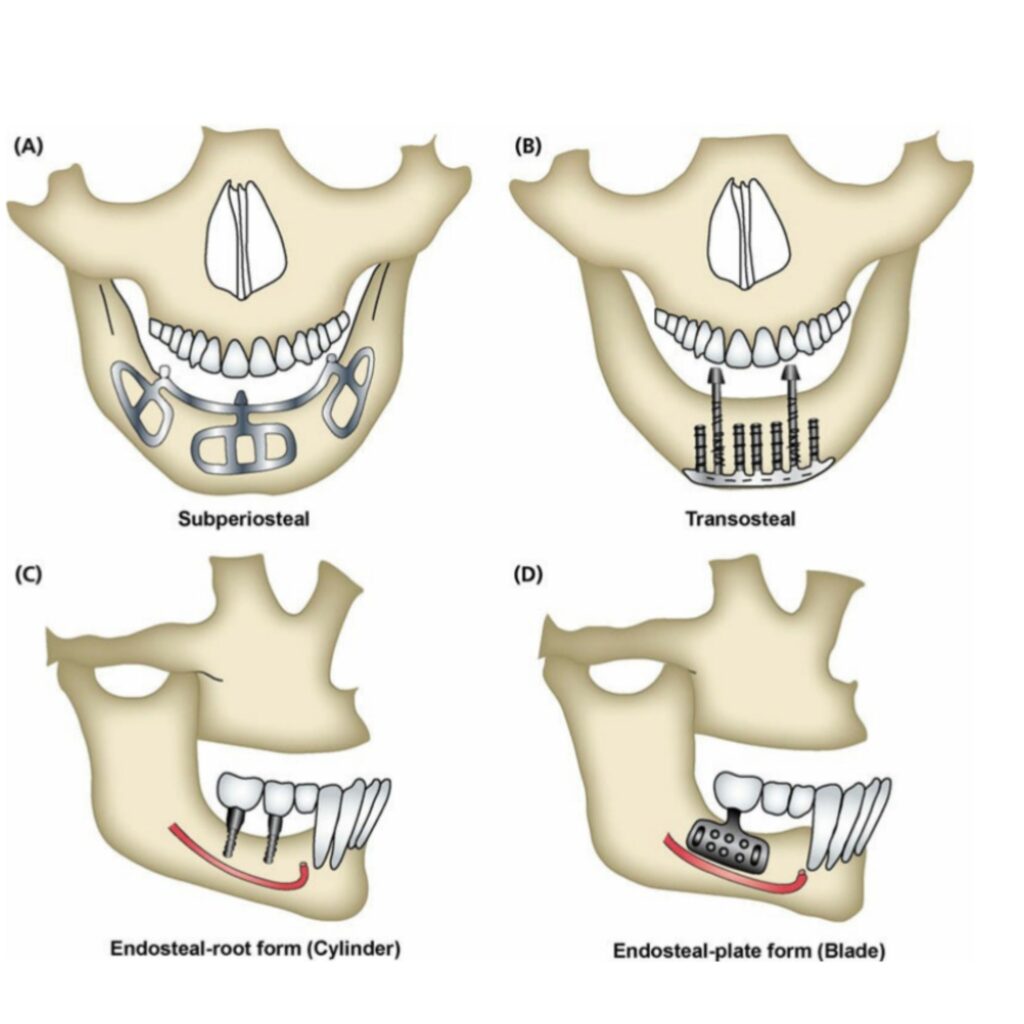The subject or branch of health science that combines aspects of both medicine and dentistry is oral and maxillofacial surgery, or OMFS. An oral and maxillofacial surgeon performs both the work of a dental surgeon and a medical surgeon. Before addressing misconceptions about OMFS, it’s important to dispel the notion that dentistry or dental surgery is considered an easy subject; in reality, it is a vast field. An average dental student is not lacking compared to a medical student. Both are birds of the same feather.
Misconceptions About OMFS
There is a common belief that an OMF surgeon only performs dental implants, wisdom teeth extractions, and tooth extractions. While these are some procedures performed by an OMFS surgeon, the surgeries they perform have a significant impact on a patient’s day-to-day life. A patient can lead a healthy lifestyle with proper oral treatment. Gunshot wounds to the face, tumors and cancer in the oral cavity, maxillary and mandibular fractures due to trauma, and other conditions are treated by an OMFS surgeon.

Image Credit: Freepik
How to Become an OMF Surgeon in the USA
To become an OMF surgeon in the USA, a student must complete 4 years of dental school and pass the CBSE. Then, there are two routes: a 4-year program or a 6-year dual-degree program. The 6-year program grants an MD degree along with specialization in Oral and Maxillofacial Surgery. In the 6-year program, students receive more clinical training in medical surgeries than in respective field surgeries. For foreign students or students who have completed their degrees abroad, they need excellent grades in academics, work experience in OMFS, clearance of NBDE to practice in the USA, passing the CBSE, and finally, applying for an OMFS course in different universities. After residency in OMFS, a doctor can pursue sub-specialties like head and neck oncology, cosmetic surgery, or craniofacial surgery.
If a student wants to become an oral and maxillofacial surgeon in other countries like the UK or Germany, they must complete either an MBBS (Bachelor of Medicine and Bachelor of Surgery) or BDS (Bachelor of Dental Surgery). Then, after completing both bachelor degrees, a student can apply for the OMFS specialty. There are also direct admissions to OMFS residency programs in certain countries.
What Does an OMF Surgeon Do?
OMF surgeons treat diseases in the regions of the maxilla, mandible, throat, and frontal area. Diseases such as lingual frenectomy, preseptal cellulitis, Ludwig’s angina, abscesses in the tonsillar region, oral cavity cysts, odontogenic tumors like ameloblastic carcinoma, or non-odontogenic tumors like Aetiopathogenesis (caused by tobacco and alcohol consumption), and many more.

Images Taken From :- Text Book of Oral & Maxillofacial Surgery Written By Dr.S.M.Balaji
Earnings of an Oral & Maxillofacial Surgeon
The earnings of a surgeon depend on how they practice. The earning potential significantly increases with clinical skill, work experience, area of practice, and communication. There are different routes like community practice, private practice, or academic practice. In private practice, the earning potential is quite high but requires a high time investment and business development. Cosmetic surgery is also a high-paying speciality. On average, an OMFS surgeon earns $300,000 annually.
Treatments Done By OMF Surgeon
An oral and maxillofacial surgeon is trained in anesthesia and pain management, as most patients will be under general anesthesia. They are proficient with full intravenous lines and have deep knowledge of head and neck anatomy. Maxilla fractures due to accidents or gunshot wounds to the face, victims of acid attacks, sleep apnea, jawline correction, bite fixation, some malocclusions, and other orthognathic surgeries are performed by these professionals.

Image Taken From : Text Book of Oral & Maxillofacial surgery written by Dr.S.M.Balaji
In Conclusion
A dental student who used to be treated poorly for studying dentistry has a massive scope to shine in a career that has a significant impact on patients’ lives. There is a saying that an ugly duckling at birth becomes a great white swan in adulthood. So, ignore people who speak ill of dentistry because when they experience tooth pain, they won’t visit a cardiologist for it.
+ There are no comments
Add yours